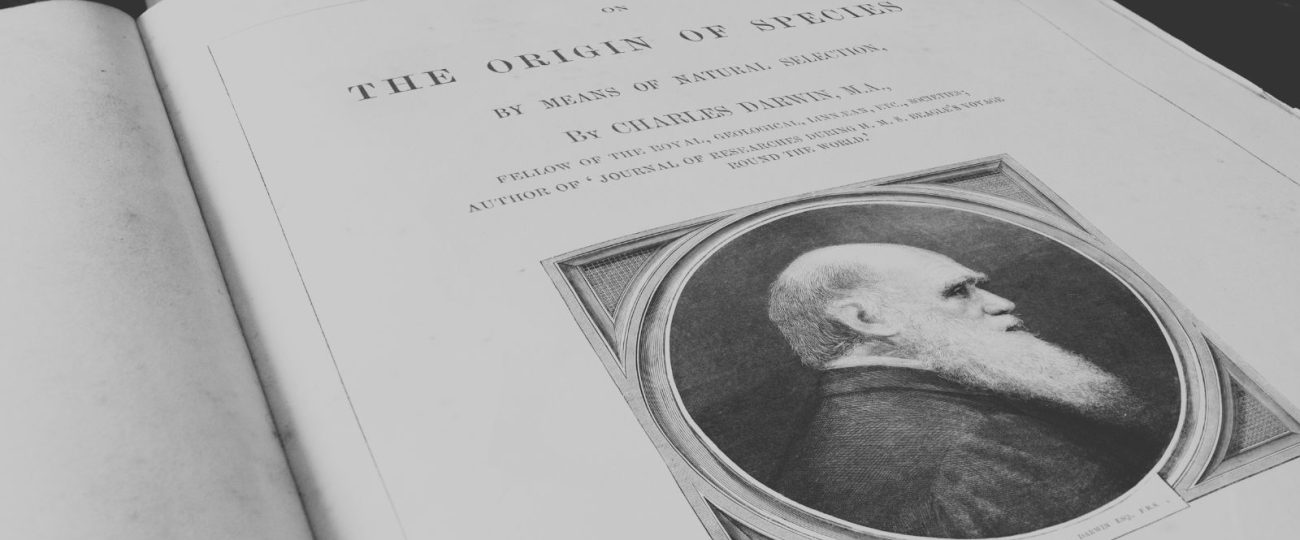What Happened On November 24th?
On November 24, 1859, Charles Darwin published On the Origin of Species, sparking intense debates across Britain and beyond. The initial print run of 1,250 copies sold out immediately, igniting discussions in academic circles, religious institutions, and private homes. Darwin’s unique argument proposed that species evolve through natural selection, where organisms better suited to their environments survive and reproduce. This idea challenged traditional beliefs about divine creation and offered a natural explanation for the diversity of life on Earth. Darwin remained at his home, Down House, while readers confronted the book’s implications. Some praised its meticulous reasoning, while others condemned it as heretical.
Charles Darwin, born on February 12, 1809, in Shrewsbury, England, grew up in a family of intellectuals and professionals. His grandfather, Erasmus Darwin, explored evolutionary ideas in his writings, while his father, Robert, achieved success as a physician. Darwin displayed an early passion for the natural world, collecting beetles, cataloging plants, and observing birds. His curiosity drove him to document his findings rigorously, although he struggled with formal education.
At Edinburgh University, Darwin abandoned medical studies after finding lectures dull and surgeries disturbing. He later attended Christ’s College, Cambridge, to prepare for a career in the clergy. There, botanist John Stevens Henslow recognized Darwin’s potential and steered him toward natural science, encouraging him to pursue his passion for understanding nature.
In 1831, Darwin joined HMS Beagle as a naturalist on a five-year voyage to chart the South American coastline. The journey exposed him to diverse ecosystems and species that questioned existing ideas about creation. On the Galápagos Islands, he observed finches with beaks adapted to different diets, a discovery that later became central to his theory of natural selection. Darwin also studied fossils, such as those of the giant ground sloth, linking extinct species to their modern counterparts and reinforcing his views on gradual change.
During the voyage, Darwin investigated other natural phenomena. He examined parasitic wasps, whose larvae consumed their hosts, raising difficult questions about morality in the natural world. Additionally, he studied coral reefs, proposing that atolls formed as volcanic islands sank, a theory later validated by geologists.
Returning to England, Darwin devoted decades to analyzing his findings and refining his ideas. He spent eight years dissecting barnacles, producing a detailed four-volume study that demonstrated variation within species. Critics dismissed this work as overly specialized, but it provided crucial evidence for his evolutionary theories. Darwin also experimented with pigeons, using selective breeding to illustrate how traits could shift under controlled conditions.
Darwin delayed publishing On the Origin of Species for two decades, fearing backlash from religious authorities and the public. In 1858, Alfred Russel Wallace independently formulated a similar theory, prompting Darwin to complete his manuscript. The book built a meticulously argued case, supported by evidence from geology, zoology, and botany.
In Origin, Darwin deliberately avoided a detailed discussion of human evolution, hinting only that his theory applied universally. This decision minimized immediate controversy while leaving room for future exploration. The book divided readers, with religious leaders denouncing it and scientists praising its rigor. Thomas Henry Huxley, a close ally, defended Darwin’s ideas in public debates, helping to bring them into mainstream scientific discourse. Darwin himself refrained from public appearances, focusing instead on revising later editions to address criticisms and incorporate additional evidence.
At Down House, Darwin conducted a wide range of experiments that expanded his understanding of the natural world. He studied earthworms and demonstrated their essential role in soil fertility, overturning the perception of these creatures as insignificant. He also examined climbing plants, documenting their ability to sense and respond to environmental changes such as light and gravity. These findings revealed surprising complexities in plant behavior and added to his broader exploration of adaptation.
Darwin’s personal life shaped his work profoundly. He married his cousin, Emma Wedgwood, in 1839. Their marriage balanced intellectual collaboration with deep affection, though their differing religious views occasionally created tension. The loss of their eldest daughter, Annie, at the age of ten devastated Darwin and deepened his skepticism about divine benevolence. Despite these challenges, he remained a devoted father, often involving his children in his experiments and observations.
Darwin’s health problems frequently disrupted his research. He suffered from chronic digestive issues, fatigue, and heart palpitations, which often confined him to bed. Despite these limitations, he maintained a rigorous work schedule, conducting experiments in his garden and corresponding extensively with scientists worldwide. One of his innovative experiments involved placing seeds in saltwater to test their viability after ocean dispersal, providing evidence for his ideas about species migration.
Darwin’s experiences during the Beagle voyage also influenced his moral outlook. He witnessed the cruelty of slavery in South America and became a staunch opponent of the practice. These observations reinforced his belief in human equality and informed his scientific writings, which emphasized the shared origins of all living beings.
Beyond evolution, Darwin contributed to numerous fields of study. His research on barnacles advanced the understanding of crustacean taxonomy and revealed reproductive strategies like dwarf males in certain species. He also studied orchids, explaining how their intricate structures facilitated pollination by specific insects. His work on earthworms showed how their activities shaped soil over centuries, highlighting their importance in maintaining ecosystems.
Charles Darwin’s work revolutionized the study of biology. His relentless curiosity drove him to explore the mechanisms behind adaptation and change, uncovering patterns in nature that others had overlooked. By explaining how species evolve and adapt, Darwin fundamentally transformed humanity’s understanding of life on Earth.





